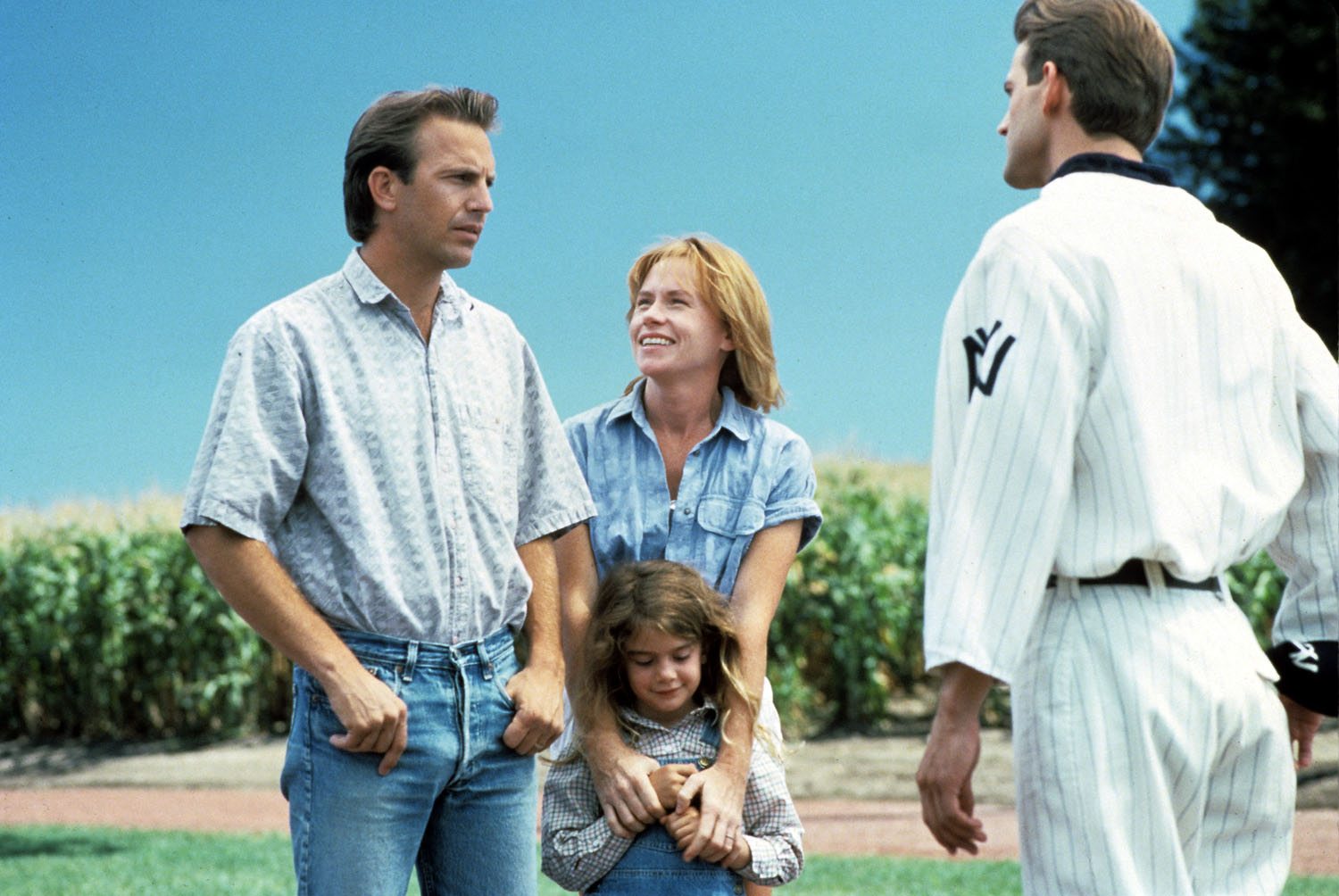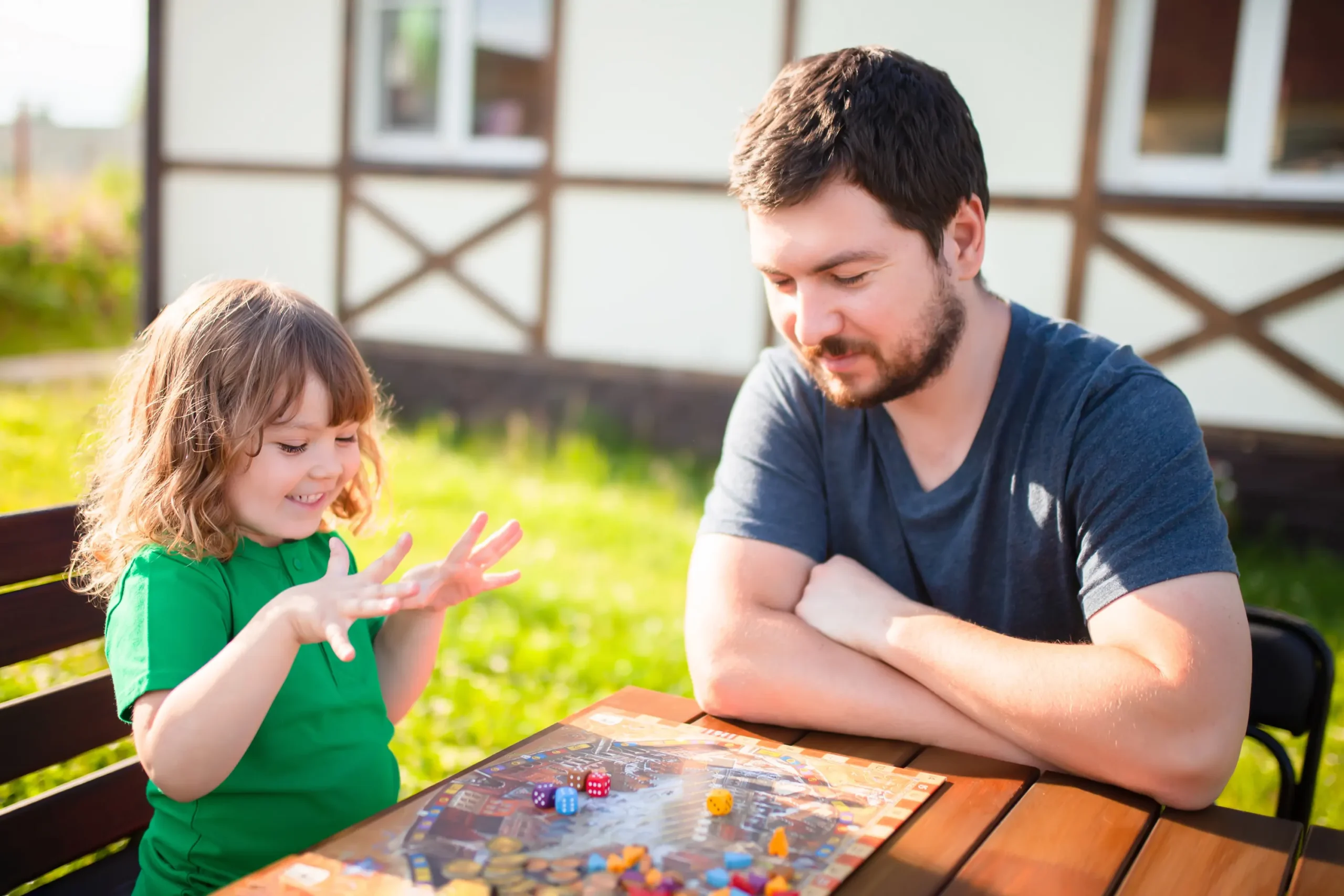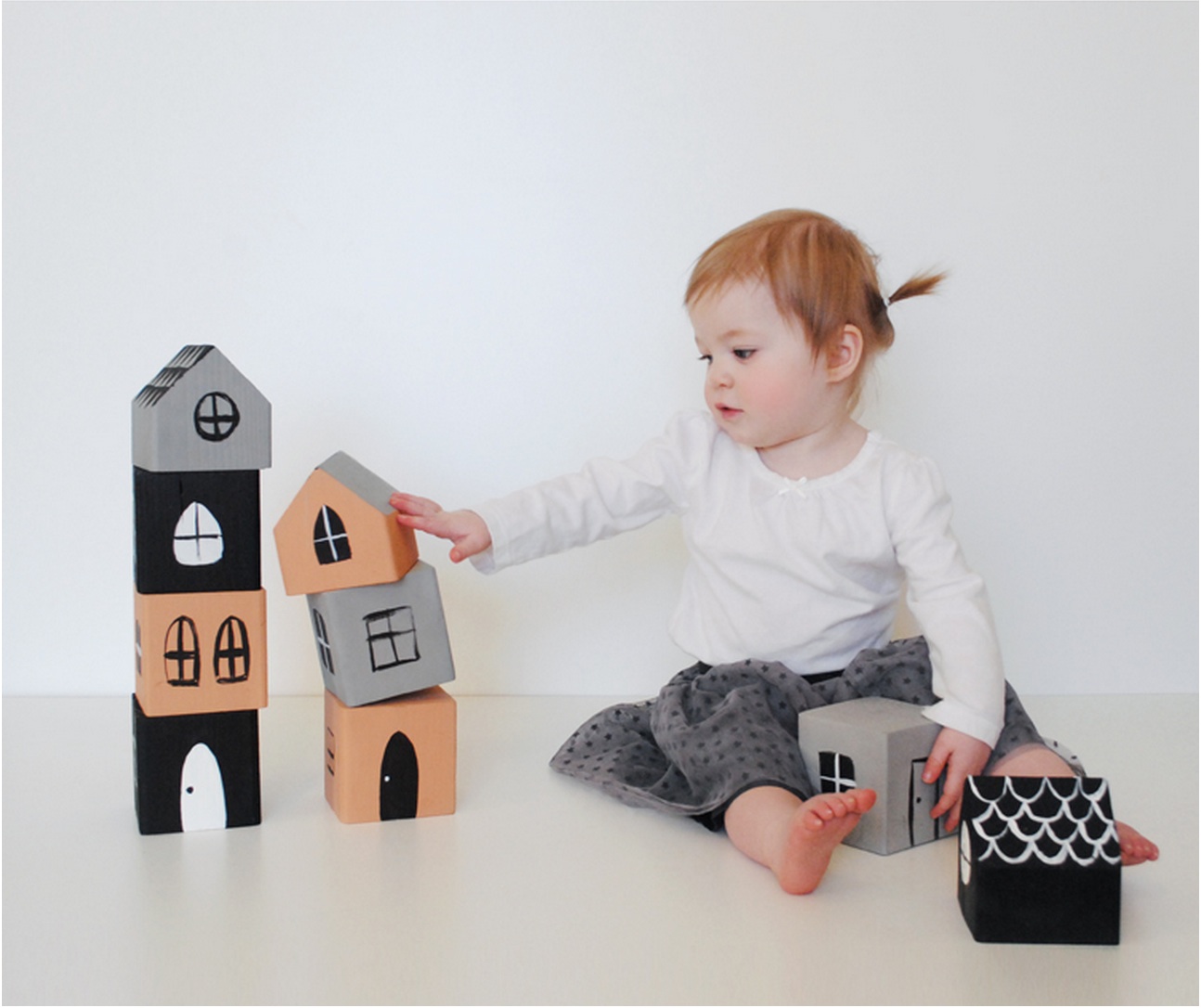
Fathers in Fiction: Portrayals, Impact, and Real-Life Reflections
Fathers, as portrayed in fiction, embody a spectrum of identities, from the stalwart patriarchs of classic literature to the flawed, multifaceted characters of contemporary storytelling. These depictions not only captivate audiences but also mirror the evolution of societal norms and expectations surrounding fatherhood. Throughout history, these representations have shifted, reflecting broader cultural changes and challenging age-old stereotypes. This exploration delves deeper into the nuanced portrayals of fathers in fiction, unraveling their impact on real-life perceptions, the societal landscape, and the intricate fabric of modern parenting.
In literature, on screens large and small, and within the pages of graphic novels, fathers have been cast as heroes, mentors, or cautionary tales. Their narratives, often layered with complexities and conflicts, resonate far beyond the realms of imagination, influencing how societies view fatherhood and how individuals navigate their own roles within the context of family dynamics.
The Evolution of Fathers in Fiction
Traditional Archetypes:
Historically, fathers in fiction often embodied authority, providing guidance and wisdom but sometimes depicted as distant or stern figures. Think of Atticus Finch from “To Kill a Mockingbird” or Mr. Banks in “Mary Poppins,” embodying virtues but often distant due to societal expectations.
Modern Dynamics:
Contemporary portrayals have shifted, showcasing fathers as more emotionally engaged and involved in parenting. Characters like Daniel Hillard in “Mrs. Doubtfire” or Bryan Mills in “Taken” reflect a more hands-on, emotionally connected fatherhood.
Impact on Real-Life Parenting
Influence on Perceptions:
The representations of fathers in fiction impact societal perceptions and influence what is considered the “ideal” dad. How a character navigates challenges or exhibits love and support can shape expectations and norms.
Learning from Fictional Models:
Real-life dads often draw inspiration from fictional father figures, adopting certain traits or learning from their mistakes. The complexities and struggles of these characters serve as valuable lessons.
Cultural and Societal Reflections
Diversity and Representation:
Exploring how diverse fatherhood is depicted in fiction, from different cultures to varying family structures, reflects the changing landscapes and challenges faced by fathers worldwide.
Breaking Stereotypes:
Fictional narratives can break stereotypes by portraying unconventional fatherhood, challenging traditional gender roles, and highlighting the value of nurturing, empathy, and vulnerability in father-child relationships.
Real-Life Reflections
Interviews and Testimonials:
Insights from real fathers about how their experiences align or contrast with fictional portrayals. How do they relate to these characters, and what resonates with their own journey?
Balancing Reality and Fiction:
Navigating the balance between entertainment and realistic expectations, acknowledging that while fictional portrayals offer insights, they often simplify or exaggerate aspects of fatherhood.
Fathers in fiction stand as both mirrors and beacons, reflecting society’s aspirations and grappling with its realities. These characters, woven into the tapestry of storytelling, illuminate the evolving nature of fatherhood. As we immerse ourselves in their tales, we not only find entertainment but also an opportunity for introspection. By recognizing the diversity of fatherhood experiences portrayed, we acknowledge that no singular mold defines the essence of being a father. Instead, we embrace the richness of these portrayals as they contribute to the ongoing conversation about what it means to be a dad in a dynamic, ever-changing world. As we absorb the lessons and inspiration offered by fictional fathers, we simultaneously celebrate the unique, individual narratives of fatherhood that resonate across cultures, generations, and personal experiences. Ultimately, the stories of fathers in fiction are not just narratives; they are a reflection of the collective journey of fatherhood, shaping and shaped by the societies they represent.




